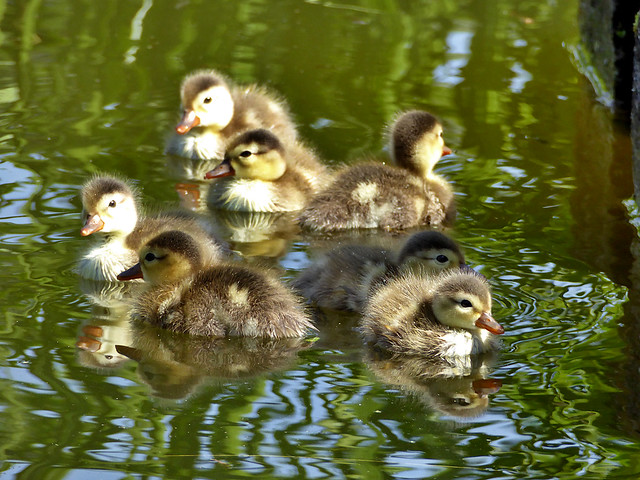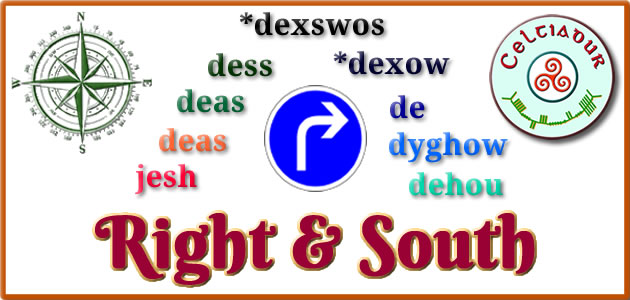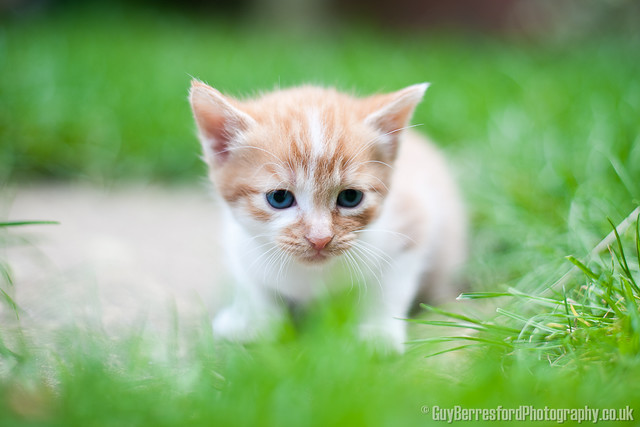Words for heads, brains, minds and related things in Celtic languages.
Words marked with a * are reconstructions.
| Proto-Celtic | *kʷennom = head *en-kʷennio- = brain |
|---|---|
| Gaulish | pennon, πεννο, πεννοου = head |
| Primitive Irish | ᚉᚒᚅᚐ-ᚉᚓᚅᚅᚔ (cuna-cenni) = dog’s head |
| Old Irish (Goídelc) | cenn [kʲen͈] = head, end, leader inchinn = brain |
| Middle Irish (Gaoidhealg) | cenn, cend = head, roof, end, chief, leader cenna (adj.) = chief, principal cennacht, ceannacht = headship, supremacy, leadership cennas, cendus = headship, leadership, superiority, precedence cennide = headgear, headdress, helmet cennmar, cennmhar = big-headed cennphort = capital, chief, leader cenntromm, ceanntrom = heavy-handed inchinn, inchind = brain(s), mind, intelligence, intention |
| Irish (Gaeilge) | ceann [caun̪ˠ / cɑːn̪ˠ / can̪ˠ] = head; end, extremity; one; chief, main ceannas = headship, sovereignty, authority, command, forwardnewss, self-assertiveness ceannasach = ruling, sovereign, commanding, masterful, forward, self-assertive, bold, assured, dominant (chord) ceannasaí = commander, controller ceanntrom = bullying, oppression, top-heavy, sluggish, drowsy inchinn [ˈɪɲçən̠ʲ] = brain |
| Scottish Gaelic (Gàidhlig) | ceann [kʲaun̪ˠ] = head, end, close, finish, lid, roof, subject, topic, leader ceann-suidhe = president ceannadair [kʲan̪ˠədɪrʲ] = leader ceannara [kʲan̪ˠər̪ˠə] = resolute, strong-headed ceannard [kʲãũn̪ˠər̪ˠd] = chief, leader, head, boss, president, headland ceannardach [kʲãũn̪ˠər̪ˠdəx] = chiefly, commanding, imperious ceannas [kʲan̪ˠəs] = presidency, rule, superiority, dominance eachainn [ɛnɛxɪn̪ʲ] = brain, brains |
| Manx (Gaelg) | kione [caun / coːn / coᵈn] = head, headland, chief, ringleader, bottom, poll, end, extreme, close, finish, top-end, top, point of argument, termination, closing, extremity, point, dyke, tribune kionard = chief kionnoort = chief(tain), captain, governor, ruler, prince, deputy, constable kioneys = dominance, domination, command, hegemony |
| Proto-Brythonic | *penn [ˈpenː] = head |
| Cumbric | pen = head |
| Middle Welsh (Kymraec) | penn, pen = head, chief pennadur = ruler, chief(tain), lord, nobleman, aristocrat, prince, king, sovereign pennaethu = to act as a chief, to rule pennaytheid = chieflike, princely penryn, penrin, pennrynn = cape, promontory, headland, point, peninsula talcen, talken = forehead, brow |
| Welsh (Cymraeg) | pen [pɛn] = head, obverse (of coin); top, summit, roof, highest point; extremity, end, beginning; headland, promontory, projecting point of rock; pole penadur = ruler, chief(tain), lord, nobleman, aristocrat, prince, king, sovereign penaethu = to act as a chief, to rule penr(h)yn = cape, promontory, headland, point, peninsula talcen = forehead, brow ymennydd [əˈmɛnɨ̞ð / əˈmɛnɪð] = brain, brains, intellectual capacity, mind |
| Old Cornish | penn = head |
| Middle Cornish (Cernewec) | pen = an extremity, end, conclusion, head, chief, beginning, the upper part, summit pencanguer = centurion (“head of 100 men”) pendevig, pensevic, pedhzhivig = prince, chief, nobleman pendruppia = to nod, shake the head penryn = promontory, cape, head-land |
| Cornish (Kernewek) | penn, pedn [pɛn:] = end, head, summit, top, main, premier, top pennek = big-headed pennen = buddle-head pennseviges = princess pennsevik = chief, noble, prince pennskol = university ympynnyon brain |
| Old Breton | penn = head, chief |
| Middle Breton (Brezonec) | penn, pen = head, chief pennec = big-headed, stubborn, obstinate |
| Breton (Brezhoneg) | penn [pɛnː] = head, chief, leader pennad [ˈpɛ.nːat] = piece, end, moment, chapter, article pennadur = authority pennan = main, dominant pennañ = to form a head, to stand up to pennek [ˈpɛnːɛk] = big-headed, stubborn, obstinate penntir [ˈpɛntiʁ] = promontory empenn = brain |
Etymology: unknown. The words for brain all mean “in (the) head” [source]. The tal in Welsh talcen comes from tâl (end, extremity, top, side, edge, front), from Proto-Celtic *talu (front, forehead) – see the post about Foreheads, while the cen retains the c [k] from Proto-Celtic.
| Old Irish (Goídelc) | in(n)tinn [ˈin͈ʲtʲin͈ʲ] = head, end |
|---|---|
| Middle Irish (Gaoidhealg) | in(n)tinn = mind, view, disposition, attention, intention, will, purpose, high spirits, courage dall-inntinn = dullness, stupidity, dull, stupid, heavy |
| Irish (Gaeilge) | intinn [ˈiːn̠ʲtʲən̠ʲ] = mind, mental state, disposition, attention, spirits, intention, accord intinneach = willing, intent(ional), strong-willed, spirited, in high spirits |
| Scottish Gaelic (Gàidhlig) | inntinn [ĩːn̪ʲdʲɪn̪ʲ] = (human) mind; intellect, intelligence; intention, purpose inntinneach [ĩːn̪ʲdʲɪn̪ʲəx] = interesting, high-minded, high-spirited, jolly, merry inntinneachd [ĩːn̪ʲdʲɪn̪ʲəxg] = high-mindedness inntinneil = mental |
| Manx (Gaelg) | inchyn, inçhyn = brain, grey matter, intellect, spirit inchynagh = brainy, cerebral, intelligent, mental, witted inchynaght = intellect, intelligence ard-inchynys = brilliance co-inchynys = telepathy far-inchynaght = artificial intelligence |
Etymology: from the Latin intentiō (strain, tension, increase, exertion, charge, purpose, intention), from intendō (to stretch out, strain, turn one’s attention to, focus (on), aim, direct), ultimately from Proto-Indo-European *ten- (to stretch, extend) [source]. Words from the same roots include tend, tent, tense, tenure and intention in English, entendre (to hear, mean) in French, tener (to have, possess, hold) in Spanish [source].
Sources: Wiktionary, Etymological Dictionary Of Proto Celtic, In Dúil Bélrai English – Old Irish glossary, eDIL – Electronic Dictionary of the Irish Language, Teanglann.ie, Am Faclair Beag, An etymological dictionary of the Gaelic language, Fockleyreen: Manx – English Dictionary, Online Manx Dictionary, Gaelg Corpus, Geiriadur Prifysgol Cymru, Lexicon cornu-britannicum : a dictionary of the ancient Celtic language of Cornwall, Gerlyver Kernewek, Devri : Le dictionaire diachronique du breton, Dictionaire Favereau, TermOfis










